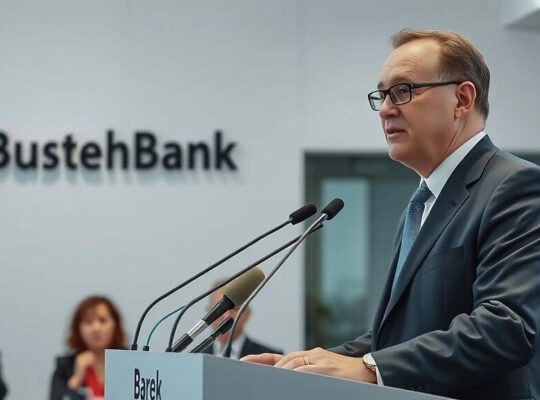A new study conducted by the Ifo Institute and the Johannes Gutenberg University Mainz has revealed a positive correlation between economic education in schools and subsequent entrepreneurial activity in adulthood. The research indicates a four percentage point increase in the likelihood of individuals pursuing self-employment if they experienced economics as a mandatory subject during their schooling.
According to Larissa Zierow, Research Professor at the Ifo Institute and Professor at the Hochschule Reutlingen, “Economic education in schools can demonstrably foster entrepreneurship later in life”. However, she emphasizes that the structure and content of the curriculum are critical. “The effectiveness of economics instruction is significantly influenced by whether the curriculum highlights the role of the individual within the economic system.
The observed increase in adult self-employment rates appears to be independent of individuals’ family backgrounds or the entrepreneurial history of their parents. Furthermore, the study found no detrimental impact on other sectors of the economy. “The probability of working in the public sector remains largely unchanged, suggesting that economic education isn’t simply redistributing labor across sectors but rather unlocking latent entrepreneurial potential” stated Andranik Tumasjan, a co-author of the study and Professor at the University of Mainz.
The research examined the impact of the introduction of mandatory economics classes in German secondary schools between 1952 and 2007. Analyzing individual survey data from the Socio-Economic Panel (SOEP) linked with state-level reform data, the study focused on individuals who experienced the introduction of economics education during the year they entered the ninth grade. This approach facilitated the assessment of the reform’s impact on subsequent life choices.












